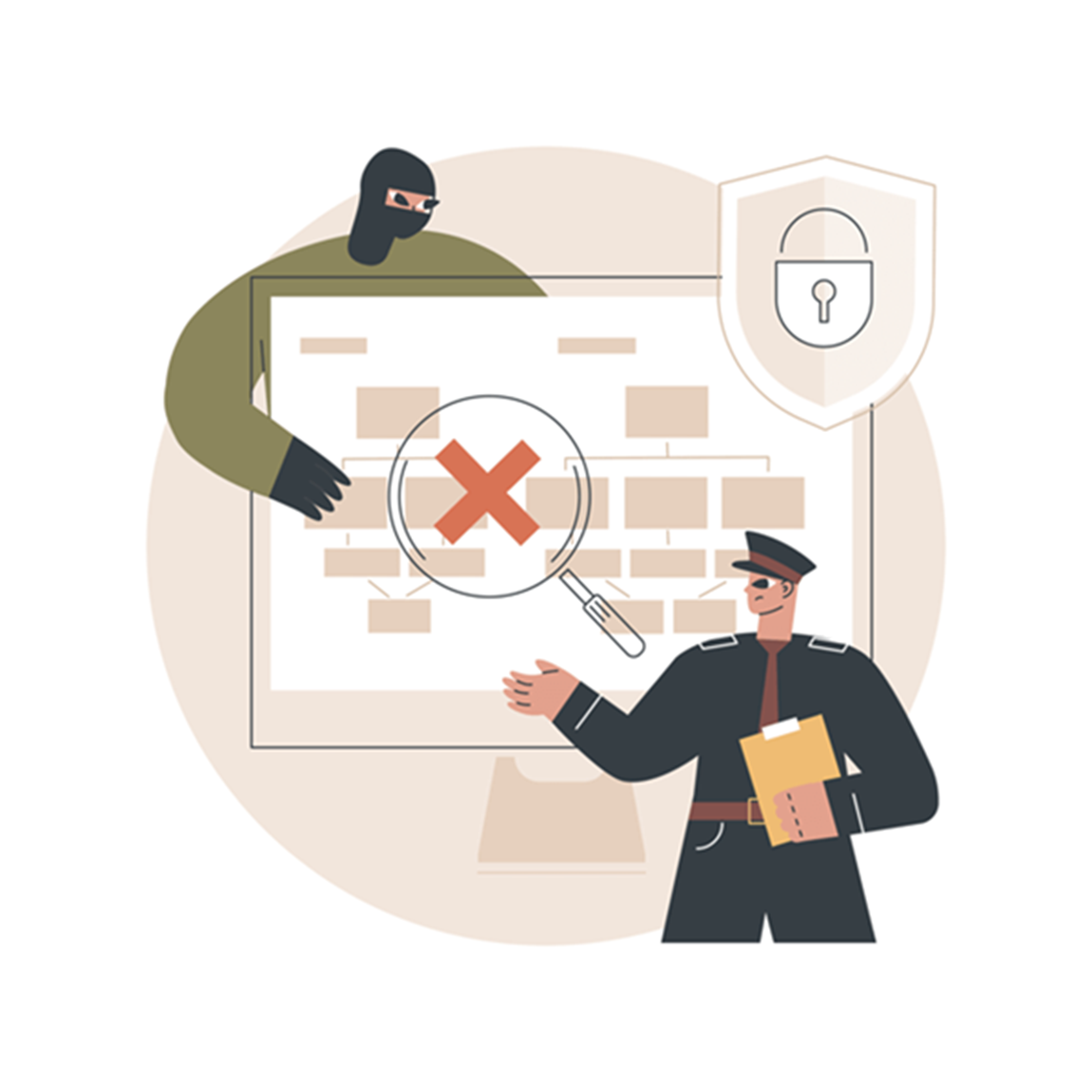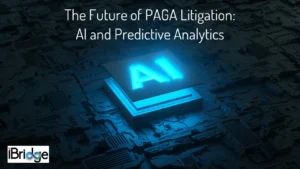Cyber forensics is the application of investigative and analytical techniques to collect and preserve evidence from specific computer devices for presentation in court. Computer forensics aims to conduct a structured investigation and maintain a documented body of evidence to understand exactly what happened to a computing device and who was responsible.
Computer forensics is data recovery using regulatory compliance policies to validate the information in legal proceedings. The terms digital forensics and cyber forensics are often used synonymously with computer forensics.
Digital forensics begins with gathering information in a way that preserves its integrity. The investigator then analyses the data or system to determine if it was changed, how it was changed, and by whom. The use of computer forensics is not always associated with crime. The forensic process is also used as part of the data recovery process, collecting data from crashed servers, failed drives, reformatted operating systems, or any other situation where a computing device stops working unexpectedly.
How are computer forensics and Cyber Security going to help in your work?
In civil and criminal justice, computer forensics helps ensure the integrity of digital evidence presented in proceedings. With the widespread use of computers and other data-gathering devices in all fields, digital evidence and the forensic processes that collect, store, and investigate it are used to solve crimes and other legal problems. It is becoming more and more critical in an increasingly digital business environment.
The average person never sees much of the information devices collect. For example, a car’s computer continuously collects information about when the driver brakes, shifts gears, or changes speed without the driver’s knowledge. However, this information can prove very important in solving legal problems or crimes, and computer forensics is responsible for identifying and storing this information.
Digital evidence doesn’t just help solve crimes in the digital world, such as data theft, network breaches, and illegal online transactions; it also solves real-world crimes, such as robberies, assaults, hit-and-runs, and murders.
Organizations often use multi-tiered data management, data governance, and network security strategies to protect sensitive information. Well-governed and secure data helps streamline the forensic process when reviewing data. Organizations also use computer forensics to track information about the system or network compromises that can be used to identify and track cyber attackers. Companies can also leverage digital forensics experts and processes to assist in data recovery during system or network failure due to natural or other disasters.
What are the types of computer forensics?
There are many computer forensic investigations, each dealing with a specific aspect of information technology. Some of the main types are listed below:
- Database Forensics: Examine information contained in both databases and associated metadata.
- Email Forensics: Recovery and analysis of email and other information contained in email platforms.
- Malware Forensics: Scan code to identify potentially malicious programs and analyze their payloads. Such programs may contain Trojan horses, ransomware, or various viruses.
- Memory Forensics: Collects information stored in your computer’s random access memory (RAM) and cache.
- Mobile Forensics: Investigation of mobile devices to obtain and analyze the information contained on mobile devices such as contacts, sent and received text messages, images, and video files.
- Network Forensics: Monitor network traffic for evidence using tools such as firewalls and intrusion detection systems.
iBridge’s forensic services are designed to assist corporate legal departments and law firms increase operational efficiency without compromising quality or security. A thorough and experienced forensic team and supporting technology can make or break your case, but it doesn’t have to break the bank. Talk to us about our forensic services!





